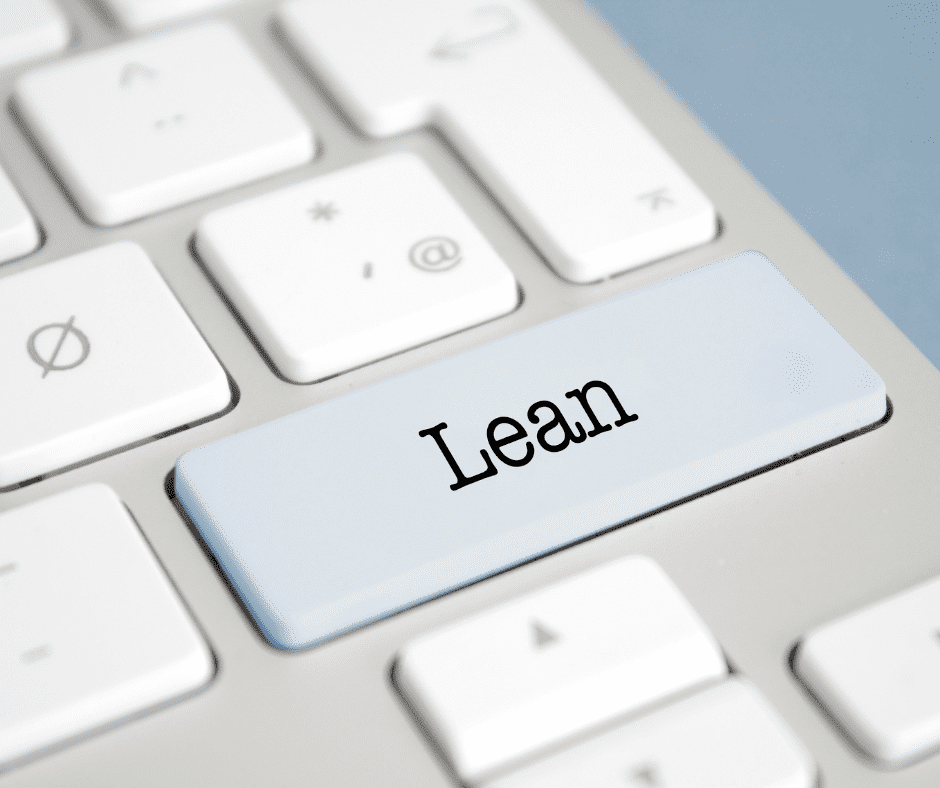By Laser 1 Technologies
Healthy Workers Are Efficient Workers
Efficiency is the Holy Grail in manufacturing. While we focus a lot on efficiency of our capital investments, let’s not overlook our most valuable asset – our human capital.
Manufacturing jobs are often physically demanding. They may require workers to sit or stand in the same place for hours each day, and engage in repetitive motions. Some aspects are strenuous or demand awkward movements and postures. Some positions expose workers to noisy, hot environments or require wearing bulky safety equipment.
Challenges of Returning to Work
As production starts to ramp up again after the big COVID disruption, workers may confront a double-whammy of returning to work after an extended period of imposed time off. They may be out of shape. A period of physical deconditioning can place workers at higher risk of injury as they return to the job. Problems may include weight gain and reductions in range of motion, muscle strength, physical endurance and cardiovascular condition.
Staying fit and injury-free should always be a goal for both management and individual workers. Workers deserve to stay safe, stay healthy and not be exhausted and depleted by their jobs. The business benefits when employees are healthy and reliable.
Keeping Employees Healthy
Here are some ways to help keep your employees healthy so they can work their best and feel good while they do it.
Ergonomics: Make sure that work spaces are designed with ergonomics in mind. Defined as the science of fitting a workplace to the user’s needs, ergonomics focuses on making sure the body doesn’t suffer undue stress as it accomplishes its tasks.
Reduce wasted movement: Evaluate the postures and processes required at each work station, and figure out how to eliminate wasted, unnecessary movement.
Mechanical transport: Engage mechanical transport to move materials and parts whenever possible. Especially as social distancing may have increased the travel required, it’s critical to save your employees from heavy lifting whenever possible.
Enforce scheduled break time: Breaks are required for a reason. Make sure that workers get up from their stations regularly so they can vary their movement and posture.
Limit overtime: Tired, overworked bodies are far more prone to injury. The harder the job, the more important it is to limit overtime.
Employee feedback: Urge employees to communicate physical discomfort. Establish a culture that makes it crystal clear that employee physical health is of the utmost importance, and listen genuinely to worker feedback.
Encourage fitness and well being: Gym memberships, stretching breaks, a work-out room, a walking track – these are all ways to encourage a culture of fitness and self-care. Recreational opportunities after work such as softball teams and pickle ball tournaments can build morale as well as fitness.
Promote good nutrition: Physical work burns a lot of calories. Encourage good nutrition in any way possible. This might mean upgrading the snacks in the vending machines, switching out Pizza Friday for Salad Friday, or making sure the vending truck has healthy options.
Hydration: Drinking plenty of water is essential for good health. Make sure employees have access to clean, good-tasting water. Those in positions that preclude drinking, such as personnel in clean rooms, need extra resources and encouragement to stay hydrated. A good rule of thumb: drink half your body weight, in ounces, ever day. So a 128-pound person should drink 64 ounces per day – that’s eight cups.
Manufacturing Work Is Physically Taxing
Working a manufacturing job can be very taxing on the body. Support your team so they can work to the best of their ability, and stay safe and healthy while they do it. A healthy, thriving team will improve production efficiency, reduce mistakes and rework, and increase overall employee satisfaction.




